Race is one of those subjects parents want to discuss with their children, but sometimes find difficult. With the recent death of George Floyd and the resulting Black Lives Matter protests, it really isn’t an issue that can or should be ignored. I was delighted to speak to criminologist and Damage singer Andrez Harriott to get his thoughts.
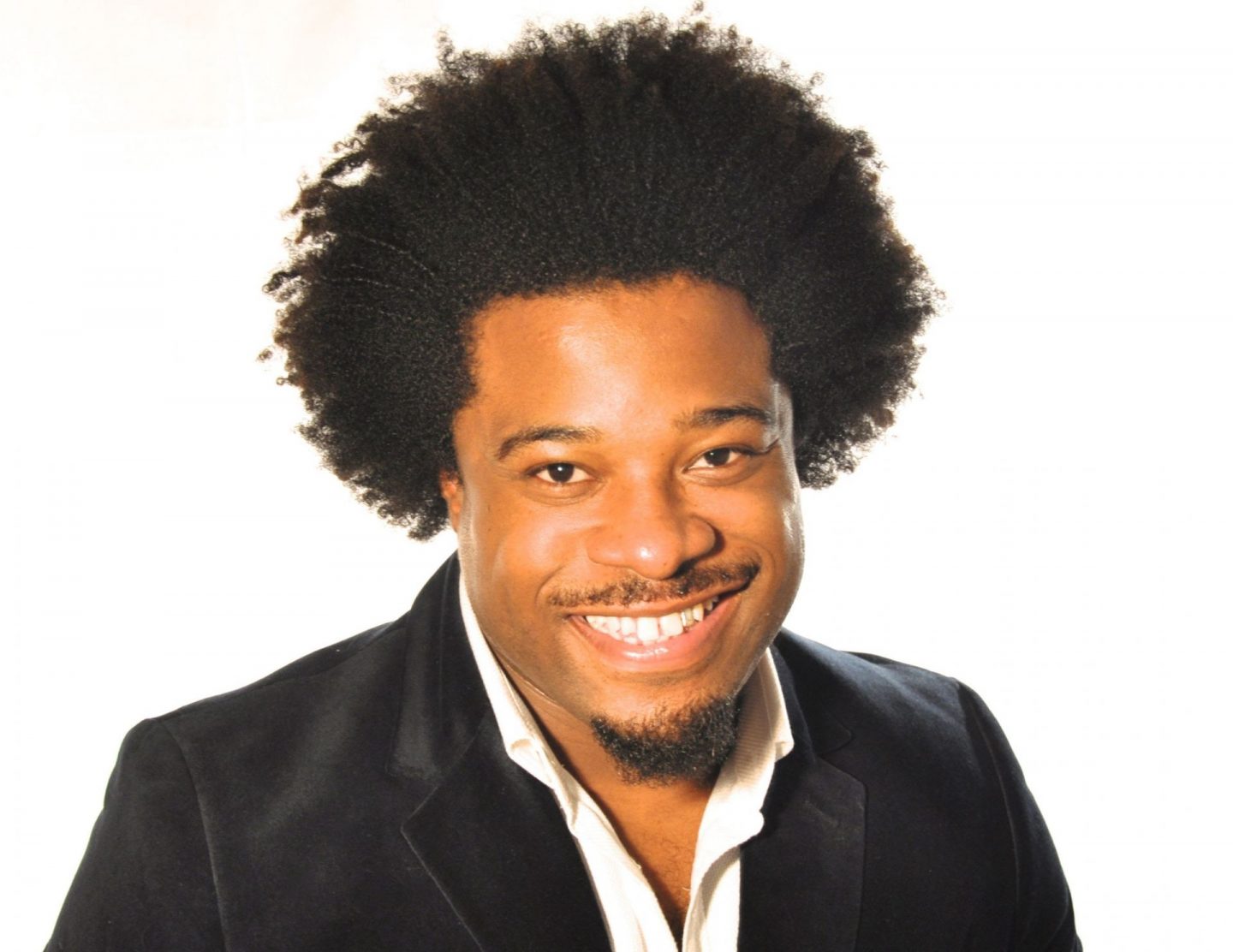
It’s quite a leap, going from being in a well known R&B band with a massive following to being a criminologist working with children who are involved in criminality or at risk of criminality, but that’s exactly what Andrez, a married dad of one, did. This work, with his company TLGUK, puts him in a good place to talk about this subject and give mums and dads pointers about how to address the subject. TLGUK works in schools to educate children and steer them away from crime and runs a gang intervention scheme with youngsters either involved with gangs or youngsters at risk of being sucked in to that way of life.
Andrez’s own family background reflects the experience of many black Britons. His grandparents came over from the Caribbean after World War II. Andrez himself grew up in Greenwich in London and went to school in Eltham so he has first knowledge of how the murder of Stephen Lawrence, killed in a racially motivate attack in 1993, affected his community.
In this interview, Andrez makes clear he supports equity between all people, regardless of colour or background. He outlines the main issues parents should keep in mind when discussing race with children and points out that, following the brutal death of George Floyd, it’s better for parents to tackle these issues head-on to avoid learning about these things in the playground. He also offers a useful reading list. Damage fans, meanwhile, will be delighted to know we finish off with an update of when you might be able to see the band perform again!
Speaking with Andrez was a real pleasure and I shall be doing a lot of reading at his suggestion in the months to come, both on my own and with my children. I hope you enjoy this interview and please do leave a comment at the end if you have any thoughts.
I am fascinated by your background. How do you make the leap, going from Damage to being a criminologist?
“That’s a great question. Basically, after Damage stopped touring in the early 2000s, I decided to volunteer for a charity. I wanted to do something more meaningful.
“At the time, it was just boredom. I wanted to work with children, but more with children who are involved in criminality or who are at risk of being involved in criminality.
“I volunteered for a whole year with a charity (it was called Rainer, but following some changes has since become Catch 22), working in prisons with kids, and spent nearly 10 years working in the youth offending service and doing my 10,000 hours really learning my craft. I went to university and got a specialised Honours degree in criminology and sociology, and the rest is history. Now we have a business that works with about 500 kids a year and we do some phenomenal work.”
That’s quite a story.
“That’s a short synopsis!”
You make a few comments in the biography about how after you toured with Damage, you came home and reconnected with kids who you grew up with. Some had done well, others had not.
“Yes, absolutely. I don’t think that sort of thing is dissimilar from any human being. I also went to school with friends who have done really well. Some have had experiences with the criminal justice system or the children’s social care system.
“Unfortunately, living in an urban place, some friends I went to school with are no longer alive because of choices that they made. All of those things contributed to me saying that we have to do something different. I wanted to really understand theoretically and from a practised perspective, why kids get involved in offending? What can we do to prevent and reduce that?”
Prior to the interview taking place, I had been sent a briefing explaining that in light of George Floyd’s death and the Black Lives Matter protests, Andrez was keen to discuss race issues, in particular how parents can talk to their children about race and race issues. His interest in the subject is clear, but I ask him to expand on this.
“Coming from the work that I do, many of the children who end up in custody have experienced what we call ‘adverse childhood experiences.’ That could be exposure to domestic violence, substance issues, experience with abuse or come from lower socioeconomic backgrounds. All of that combined with the quarantine period of COVID and then the Black Lives Matters protests and George Floyd’s death has really had me thinking about the children I work with, the families I work with, how they’re processing things at the moment.
“I think adults are struggling to process what’s happening around the injustice around George Floyd, but also around just all of the inequality in our system globally, which disproportionately impacts Black people.
“For me, it’s really about how those conversations are being had at home. How are parents talking to their children about race at this time? How are schools talking to their children about race at this time?
“Children are acutely aware of what has happened in America. They’ve seen the protests. I think from a positive perspective, the children are now going to be the leaders of the future.
“They’ve seen what it is to be somebody within society who doesn’t have a fair chance, who doesn’t get the same things. I think kids are being exposed to that. So our future leaders growing up will have a far more advanced view about what they should do for the country that they lead.
“I think at this time, in context of your blog, it’s about having these conversations: How do you speak to your children about race? How do you speak your children about black experiences in the UK, black experiences in the world? And how you just normalise it, so people understand we’re all a human race.
“There is one race. We’re the human race. In the context of my work, it’s about helping to have an open dialogue at this time. The changes can only come from open dialogue.”
What are the 3 things you think mums and dads need to keep in mind? What should they be doing when they’re talking about race?
“I think first of all is to normalise it. There are people of all different shapes, but primarily it’s a human race. If you cut each other up, we all bleed red blood. That’s number one, normalise difference.
“Number two, have open discussions about what happened to George Floyd, because children will go back to school, or they’re already probably talking privately about his death. Some children, they might have experienced proper murder. To have a discussion, put that onus back on the officer that committed the offence and the other three officers invovled and help children to understand that they will be prosecuted.
“Well, God willing they will prosecuted, but this isn’t normal behaviour for police. We do not want to scare our children at this moment about the police globally. We want them to understand that these were rogue officers acting in an inappropriate way.
“Point number three is, educate your children beyond what the national curriculum does in relation to black history. Set tasks for your children. Help them to explore scientists. Help them to explore astronauts. Help them to explore the creative types, the media, the finance sector, but with a specific focus on the contribution of black people, so your children can be more involved. The discussion doesn’t have to just be about slavery and civil rights.”
I just want to turn that question around and ask, are there common mistakes that parents make when discussing race when they may be trying to do the right things? What do mums and dads need to avoid doing?
“First of all, do not scare your children. There are some aspects of history, especially if we think about slavery, which are very harrowing. We’re not going to sit down and put fear into our children.
“The second point is, let’s not allow our children to build up this fear about the police and about the government, the agents of the state. We do not want our children walking down the street, hearing sirens, looking at police officers and thinking, ‘Are they going to kill me?’
“They need to understand these are isolated incidents, although there are too many of them, it is an isolated incident.
“I’m not in a position to say what’s right or wrong. Everybody knows their children, and I think you should just use caution when approaching such big issues, but at the same, don’t be scared to approach it as a family.”
When it comes to education, I don’t think we learnt anything beyond the slave trade in school. The black experience really isn’t well-taught, is it?
“Oh, no. It’s horrific. It’s horrific. I think we need to use the right language. To say it’s ‘not well-taught’ is an understatement. It has been woefully, woefully, horrifically delivered.
“We’re woefully behind. I’m 41 and if you talk to my generation about Black history, they will tell you that what we learned in school in the 1980s was Martin Luther King, Malcolm X, Rosa Parks.
“We have may delved into slavery a tiny bit to say it was a really abhorrent thing that happened. That was it.
“My peers are now just having to go and do their own work. They’re having to rediscover and actually educate themselves on the history. In my undergrad studies, I did a whole module on the Holocaust and I had to take a 2-hour exam on the Holocaust.
“I don’t know the Holocaust in and out, but I had enough to understand what triggered it, what happened, what the consequences were, and what has been done post-Holocaust. We should be able to do that in a basic fashion around black history. We should be able to do that, and it doesn’t have to be centred around slavery and civil rights. There is so much more to discuss. That’s my point, really.”
I raise the point about Asian history as well. At school, my peers and I may have learned a little bit about India, but that was it. This leads on to us discussing race relations in the UK.
It’s a really important point to make, isn’t it, that race relations in Britain are not perfect, but that it is a blend of a lot of different countries.
“Of course it is. We must always be clear that post-Second World War, the United Kingdom was rebuilt by people that came to the country, which was my grandparents.
“We have to know that. Our parents, or my grandparents, they were NHS workers. They were factory workers. They worked on the buses. This is the heartbeat of the United Kingdom.
“That should be celebrated. They were in the war. Children are only finding out now about the contribution in World War I and World War II of people from the Commonwealth. That’s ridiculous. That should have been taught years ago.”
I was staggered when the Commonwealth War monument went up in London a few years ago. I hadn’t really thought about it because I simply assumed that there already was one.
“There hadn’t been. It’s something that schools should be taking children to visit. They should be explaining the contribution. They should be talking about the Commonwealth. What is the Commonwealth? What does it mean? You know? I think these are conversations we’ve got to have.”
We go on to have a discussion about Brexit and the impact the resulting debate has had on race relations. After a bit of chat about this, I ask about what Andrez what social media influencers such as myself can do to support the cause of equality and what he thought about the level of debate on social media regarding the Black Lives Matter movement.
“There are two things. I need to be clear. I am in support of anything which shines a focus on inequality within society. I’m in support of anything which discusses the black British and black global experience.
“I’m not completely signed up to the Black Lives Matter movement as a political movement because they don’t necessarily represent everything that I stand for. However, it is the hashtag of the moment which is galvanising support.
“I think at this instance it’s about using your platform to really direct people to reading specific books, specific literature, specific films and issues, specific articles, host a weekly or a monthly discussion on specific black politicians who have died in the past in the UK, people like Bernie Grant, who springs to mind immediately, and just think about what they contributed.
“Think about civil unrest across the UK historically. What triggered that? People know about the Brixton riots. People know about the Notting Hill riots. People know about the riots in Liverpool and Bristol, but what actually triggered that? Have a discussion. I think at this instance, social media influencers are in a great position right now, almost as historians, to take your audience on a journey. I understand you can’t bombard people.
“What we’re trying to do is just to say, as a human race, we have overlooked the significant contribution that those people have brought to the United Kingdom and to the world, and we need to rectify that. I think that’s fair.”
Yes, absolutely. To be clear, your interest is equality and fighting inequalities?
“Yes. It’s fighting inequalities, but it’s the word, it’s equity. There’s a difference. We’ve had equality. We’ve had the Equalities Act. We’ve had the Race Relations Act, but what we actually haven’t had is the ability for the people to have equity so they can change their family situation intergenerationally.
“People need to have fair access to finance, fair access to education. They need to be given the opportunity to shift themselves and their future generations. I am second-generation Caribbean. Some of my peers, some of my closest and dearest white friends are fourth- or fifth-generation in the UK now, so they’ve established themselves. I’m third-generation, so we’re literally still very new and still working our way through.”
Are there books and films that you would recommend for people to read or watch with their kids?
“For children’s books, I don’t think that you should purge your child’s library tomorrow, and then when they walk into the house, every single book is about black people. I think it should be steadily integrated, because what we’re trying to do is to show children that we’re a human race, and there is no difference in reading a story with a black child and a complete family to what it is to see an Asian family, a white family, a Chinese family. It’s just normal.
“When those children then go to school and they hear inappropriate language, they’ll say, ‘Well, this doesn’t make sense. I’m reading a book at the moment about a black family. What they’re saying is wrong.’
“I would recommend some of the child authors such as Alesha Dixon. She’s done a phenomenal range. Rochelle Humes has done a phenomenal range as well.
“As for parents and what they could be reading, there’s a fantastic book by Ta-Nehisi Coates called Between the World and Me.
“From people like Paul Gilroy, who are black British academics and authors who are incredible. Stuart Hall is incredible. He’s done so much work around race theory and looking at the Black experience, multiculturalism as well.
“Another book that I would suggest is Michelle Obama’s Becoming book. That would be phenomenal for people to look at, in terms of her experience. Professor David Olusoga. He would be phenomenal. We should be reading Natives, Race and Class in the Ruins of Empire by Akala. This really talks about the intersectionality between black Britishness or being raised in the UK.
“We should stop there. This is going open up a minefield for you! That’s what I mean. There’s so much that has been overlooked. Some of my peers at the moment, they feel like they’re going back to university.”
This leads to a discussion about my own childhood in a very rural, almost exclusively white community and how this differs to my children, growing up near London in a more cosmopolitan environment. I explain I have been thinking a lot about race and how I address this with my children, but that I don’t want to make race an issue, a “thing” as it were.
“Yes. That’s fantastic. That’s what you want. Now obviously because of the murder of George Floyd, we have to address these things for our children.
“Kids will be in the playgrounds talking about it: ‘Did you hear what happened to George Floyd?’
“If you haven’t addressed that as a parent, you’re going to leave your child quite vulnerable, and they may come home and say, ‘Daddy, what’s this about somebody being killed?’”
As if to prove Andrez’s point, I explain that my eldest daughter discovered about George Floyd when she turned on her phone to find a string of messages from friends, all of them using the hashtag #BlackLivesMatter
“They come across it. We have to give the correct responses so they’re not just getting information online. Our daughter, she’s nine years old. She has not seen the images of what happened to George Floyd, but she knows.
“The worst thing the children could do is stumble across that video accidentally. That would be awful. It’s very traumatic.”
Although I was really enjoying chatting to Andrez, I had to wrap things up as I was conducting this interview while having picked my eldest up from school and needed to get her home. It seemed only right and proper to ask what was happening with Damage.
Is anything planned with Damage? I know COVID had an impact and you had to postpone some tour dates?
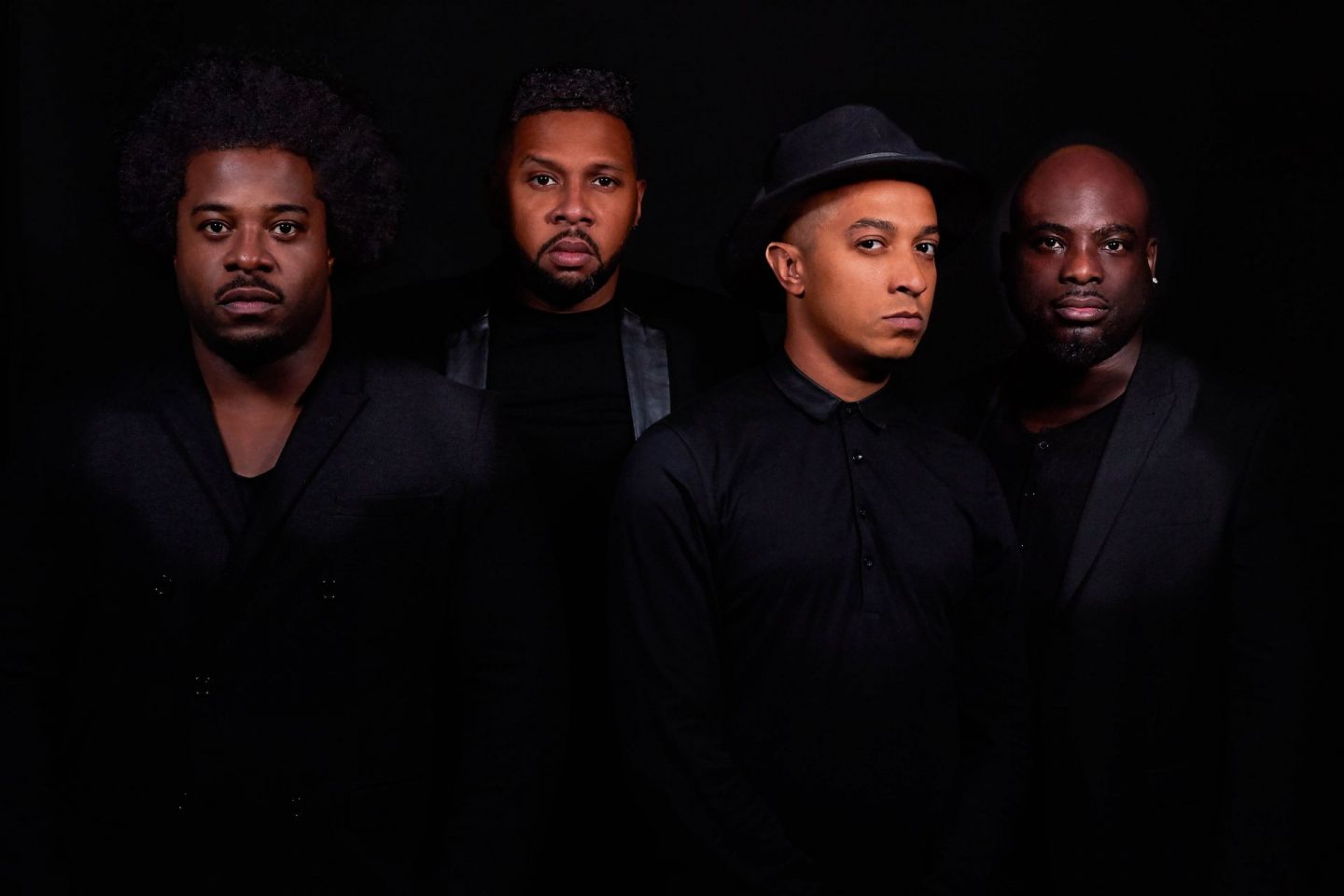
“We did, but we were fortunate. We were on The Boys are Back! Tour, so Damage, 911, A1 and 5ive.
“We managed to do 20 days pre-COVID, and we’ve pushed the last 10 days back to February 2021. I don’t really see anything happening this year, I would imagine from February next year. “e should really pick up again. That’s what we hope.”
How can people find out more about the work you’re doing these days, aside from Damage?
“My organisation is TLGUK, which can be found online, or you can search my name in any search engine, Andrez Harriott, and you’ll find out links to my site.”

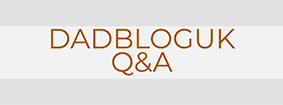
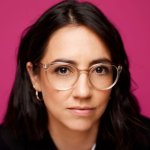
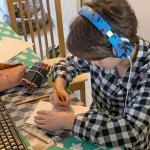
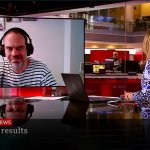
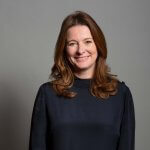


3 thoughts on “Talking to children about race: Interview with Andrez Harriott”
What a fabulous Q&A and I will also be taking some of his book recommendations.
Thanks Ian. I was keen to address the issue of race but I wanted to hold off until I felt I could add something useful to the discussion. I felt a lot of other influencers didn’t add much to the discussion but Andrez was such a calm, measured voice. A superb interviewee able to speak with real authority I felt. Enjoy the books! I shall be reading some also.
Really interesting Read John.
Andrez is doing some great work too.
We had a similar conversation the other week with our kids over dinner. Educationally race, equality, diversity seems to be drilled into children at a school level these days, not that I disagree with it, but I’m not sure the it’s being educated in the right way, maybe that’s another topic though.. an article like this is something I’ll share with my Kids as I think they’ll have a better understanding.